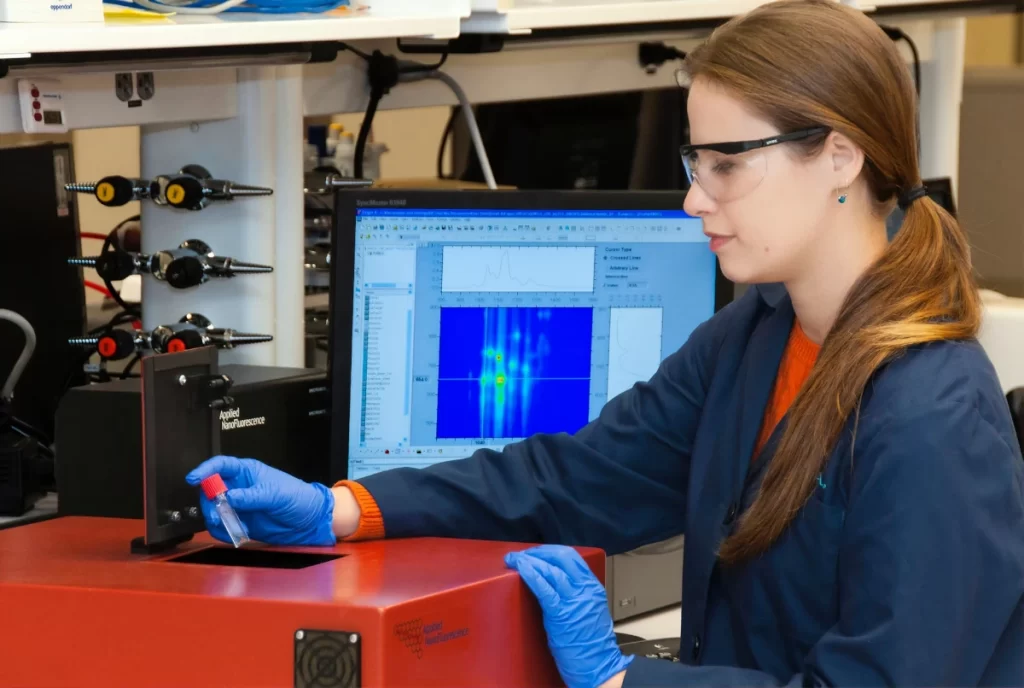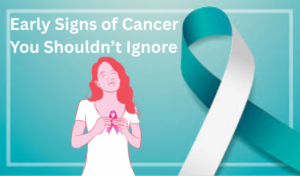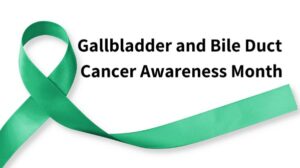Advances in Chemotherapy Cancer treatment: Immunotherapy and Targeted Therapy
In the early 1900s, the famous German chemist Paul Ehrlich developed drugs to treat infectious diseases. He was the one who coined the term “chemotherapy” and defined it as the use of chemicals to treat disease. Now, “chemotherapy is mainly used to describe drugs that are used against cancer. During World War II, the first chemotherapeutic agent, mustard gas, was developed, mainly as a weapon for chemical warfare. However, it was found to work against a cancer of the lymph nodes called lymphoma. This agent served as the model for a long series of similar but more effective agents that killed rapidly growing cancer cells by damaging their DNA. This was the birth of chemotherapy and from then on, newer drugs have been in developed that can effectively treat various cancers.
Cancer chemotherapy, however, has many side effects that affect the health of the patient. These include nausea, vomiting, hair loss, loss of appetite, infections, mouth ulcers, fertility issues, etc. More and more research focuses on reducing toxicity and newer drugs that can destroy cancer cells through various mechanisms. From this research, two promising types of chemotherapy cancer treatments have emerged: Immunotherapy and targeted therapy.
Advances in Immunotherapy
One of the latest advances in cancer treatment is using a new class of drugs called immunotherapy. The 2018 Nobel Prize in Medicine was awarded jointly to two cancer immunotherapy researchers, James P. Allison and Dr. Tasuku Honjo, underlining its importance in cancer management.
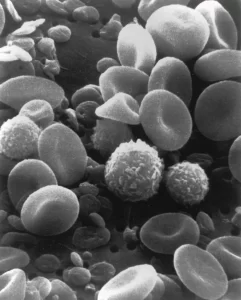
Immunotherapy is a type of cancer treatment that helps the immune system fight cancer. The immune system helps the body fight infections and other diseases. It is made up of white blood cells and organs and tissues of the lymphatic system. As part of its normal function, the immune system detects and destroys abnormal cells and prevents the growth of many cancers. Even though the immune system can prevent or slow cancer growth, cancer cells have ways to avoid destruction by the immune system. Different types of immunotherapy drugs help the body quickly identify these cancer cells and thus result in their clearance from the body. As a result, these drugs have fewer side effects when compared to conventional chemotherapy and can be used in very old patients.
Several types of immunotherapy are used to treat cancer, these include:
- Immune checkpoint inhibitors, which are drugs that block immune checkpoints. These checkpoints are a normal part of the immune system and keep immune responses from being too strong. By blocking them, these drugs allow immune cells to respond more strongly to cancer.
- T-cell transfer therapy, which is a treatment that boosts the natural ability of the T immune cells to fight cancer. In this treatment, immune cells are taken from the tumor. Those most active against the cancer are selected or changed in the lab to better attack the cancer cells, grown in large batches, and put back into the body through a needle in a vein.
- Monoclonal antibodies, which are immune system proteins created in the lab that is designed to bind to specific targets on cancer cells. Some monoclonal antibodies mark cancer cells to be better seen and destroyed by the immune system.
- Treatment vaccines, which work against cancer by boosting your immune system’s response to cancer cells. Treatment vaccines are different from the ones that help prevent infections.
- Immune system modulators enhance the body’s immune response against cancer. Some of these agents affect specific parts of the immune system, whereas others affect the immune system more generally.
Immunotherapy can cause side effects, which happen when the immune system is overactive and acts against healthy cells and tissues in the body, resulting in inflammation and damage to the tissue. As a result, patients can develop skin rashes, loose stools, oral ulcers, thyroid problems and joint pains. Also, immunotherapy is mostly used in advanced-stage cancers that have spread throughout the body and very rarely in early-stage cancers.
Advances in Targeted Therapy
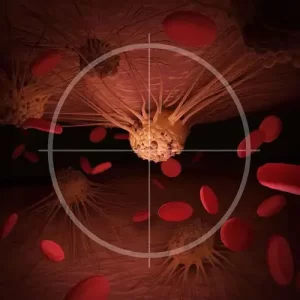
Targeted therapy is a type of cancer treatment that targets proteins that control how cancer cells grow, divide, and spread. They treat cancer in several ways like helping the immune system destroy cancer cells, stopping cancer cells from growing by blocking proteins that tell cells to divide, stopping signals that help form blood vessels which result in decreased oxygen and nutrition to tumor cells, delivering cell-killing substances to the cancer cell or, starving cancer of the hormones it needs to grow. For example, till the last decade, advanced lung cancer was treated with conventional chemotherapy and survival was dismal.
However, with the advent of newer diagnostic techniques, various mutations have been discovered in lung cancer that various oral drugs can target. This has led to decreased side effects as well as better survival and some stage 4 patients can live as long as 5 to 8 years which was unthinkable in the past. Targeted therapy does have some drawbacks like the development of resistance of cancer cells to targeted agents and difficulty in making drugs for certain targets in malignant cells.
The most common side effects of targeted therapy include diarrhea and liver problems. Other side effects might include blood clotting and wound healing, high blood pressure, fatigue, mouth sores, nail changes, hair color loss, and skin problems like a rash or dry skin. There are medicines for many of these side effects. These medicines may prevent the side effects from happening or treat them once they occur
With rapid strides being made in cancer research, these newer molecules like immunotherapy and targeted therapy have led to improvement in survival and reduced toxicity, making the lives of cancer patients worldwide much better than it was before. Unfortunately, there is still a long way to go before we can genuinely have treatments that have no side effects at all, but there is hope on the horizon.
